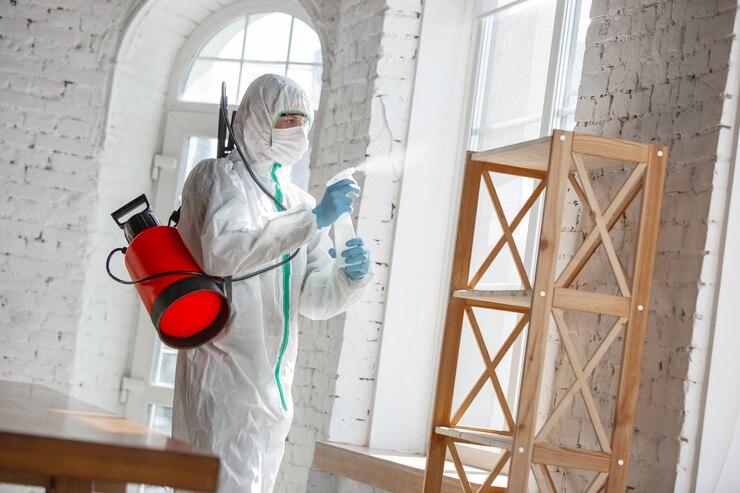
When it comes to managing pests, you might wonder whether a DIY approach or hiring professionals is better. Pest Blaster offers both options, but each has its own set of advantages and drawbacks. Understanding these differences can help you make an informed decision about what’s best for your property and situation.
The choice between DIY and professional pest control largely depends on your specific needs and situation. If you’re dealing with a minor pest problem that you feel comfortable managing, DIY might be a good choice. However, for more extensive infestations or recurring issues, professional pest control services are often the better option.
When it comes to keeping your property pest-free, there’s no substitute for professional help. At Pest Blaster, we provide safe, efficient, and long-lasting pest control solutions. If you’re unsure whether to go DIY or hire experts, contact us today for advice or a consultation.
Common pests include termites, ants, cockroaches, and rodents.
While some DIY methods can offer temporary relief, termite infestations generally require professional intervention. Termites can cause significant structural damage, so it’s best to consult experts for an effective solution.
Most professional pest control services offer pet-safe options. DIY products can vary, so be sure to read labels carefully if you’re opting for that route.
For most properties, a professional pest control service every 6-12 months is sufficient. However, homes with frequent pest issues might need more regular treatments.
Chemical methods use pesticides, while non-chemical options include traps, heat treatments, and natural repellents. Each option has its advantages and disadvantages, depending on the type of pest and severity of the infestation.
Yes, pests can return, especially if preventive measures aren’t taken. However, professional services typically offer follow-up visits or warranties to ensure long-term effectiveness.